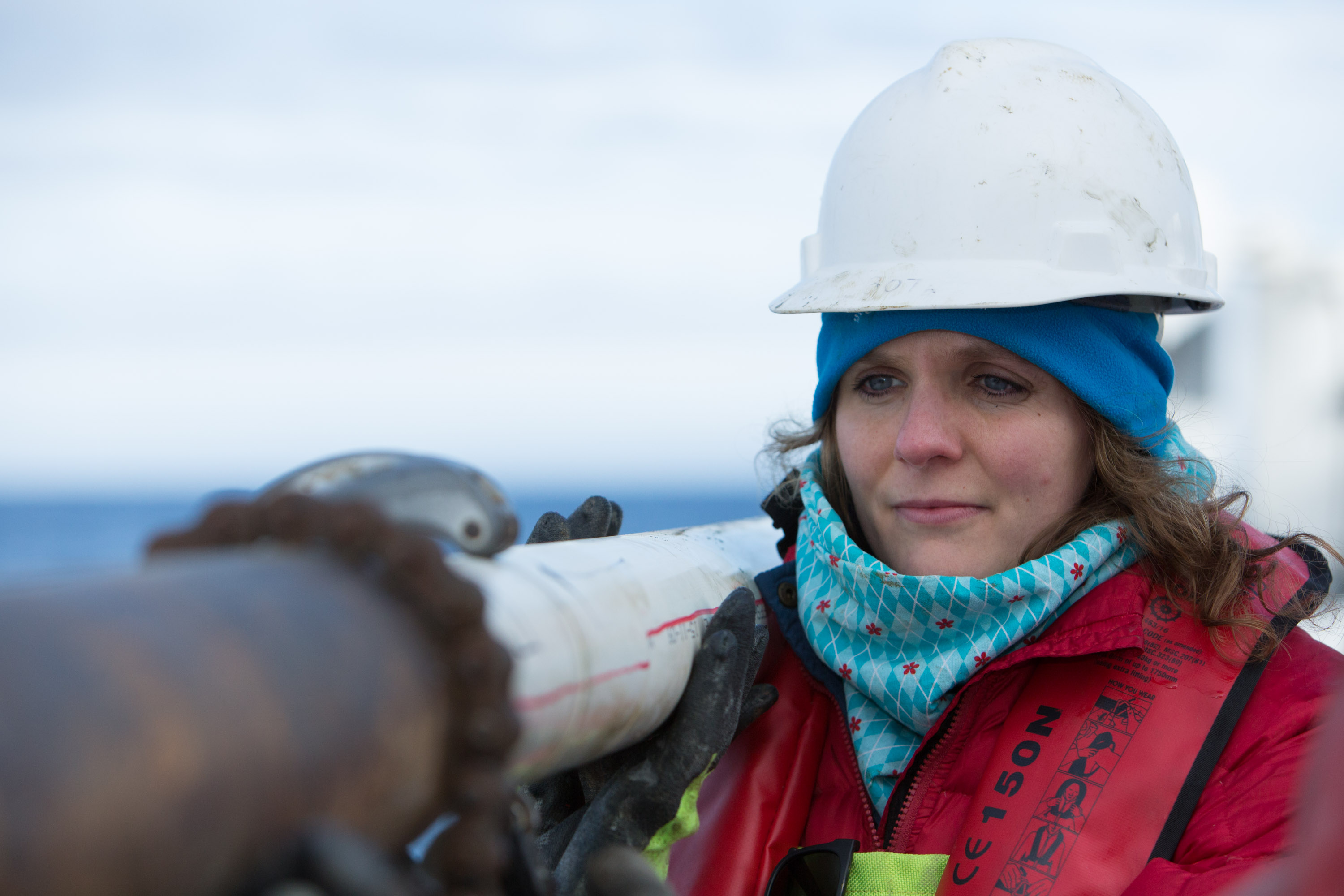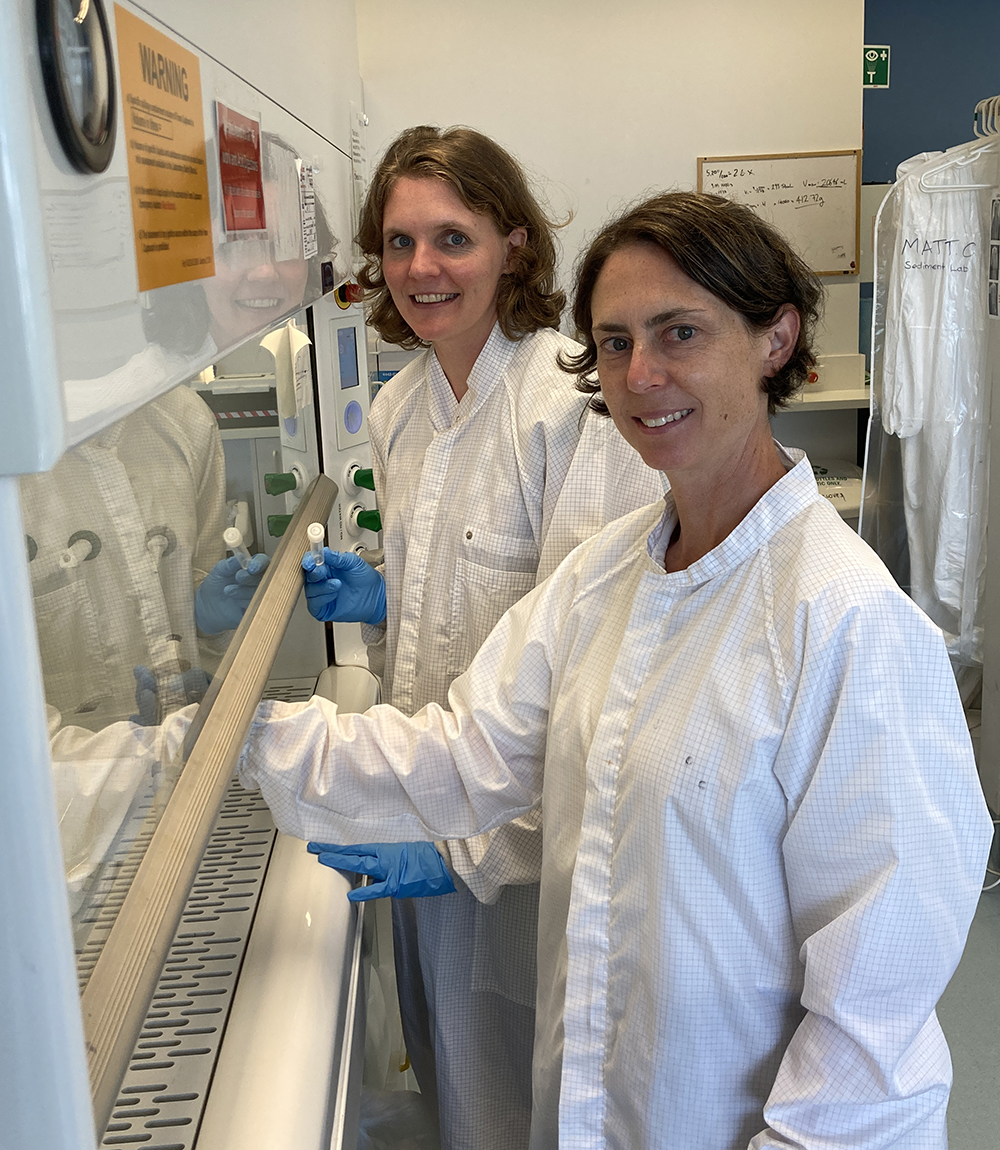
Celebrating International Women's Day 2022
The University of Tasmania is helping local researchers at the cutting edge of the sciences, health and the humanities continue the search for discoveries that will help understand our world and improve the lives of Tasmanians and people around the world.
The University was awarded more than $5.5 million for 14 new research projects – 11 of which are led by women – from the Australian Research Council’s highly competitive Discovery Projects round for 2022.
The projects will tackle issues such as understanding how brain cells adapt to support lifelong learning, exploring how the ocean’s carbon cycle will respond to climate change, and investigating the role of mathematical talk in the early years of schooling.
University of Tasmania Vice-Chancellor Professor Rufus Black said an application success rate of 30 percent, the highest of any university in the country, highlighted the strength, excellence and impact of the University of Tasmania’s research program.
“This outstanding result signals the depth of research talent here in Tasmania, with our people leading research that has a real impact in our home state and on a global scale,” Professor Black said.
“The fourteen diverse, new projects span the fields of sciences, humanities, social sciences and health. We look forward to starting this research and welcome the funding that allows this important work to take place.”
 How quickly and by how much must humanity reduce its emissions of carbon dioxide to maintain a safe climate? The answer depends on understanding the complex way carbon moves between the ocean, the land and the atmosphere.
How quickly and by how much must humanity reduce its emissions of carbon dioxide to maintain a safe climate? The answer depends on understanding the complex way carbon moves between the ocean, the land and the atmosphere.
In one of the new ARC-funded projects, IMAS scientists Professor Zanna Chase and Dr Taryn Noble will study sediment cores extracted from the deep sea to learn how the ocean’s carbon cycle responds to climate change.
“Human activity is adding carbon dioxide to the atmosphere, leading to climate change – but climate change might also be changing the way the ocean absorbs and releases carbon,” Prof Chase said.
“So we could have a positive feedback cycle at play, where carbon emissions cause warming, which causes more carbon dioxide to be released from the ocean to the atmosphere, which causes more warming. And we need to understand this feedback in order to make accurate predictions.
“In this project, we’ll be studying the role of ocean biology in this feedback process, using sediment cores gathered from the southern Indian Ocean during my previous ARC-funded project.
“I’m really excited to be working again with Dr Elisabeth Sikes from Rutgers University in the United States, and to bring Taryn and her expertise into the collaboration.”
Marine geochemist, Dr Noble, said their project will take advantage of the natural climate experiment of the last glacial cycle.
“This is a great opportunity to investigate the origin of dust that ends up in the remote Southern Ocean, and why it is important for ocean carbon storage,” she said.
“It’s also fantastic to see a small all-female team being funded and, from a personal perspective, to be able to work with my highly talented and inspiring colleague, Zanna, and two leading female professors in the field.”
TOWARDS PROSPERITY AND SUSTAINABILITY, FOR TASMANIA AND THE WORLD
Deputy Vice-Chancellor (Research) Professor Anthony Koutoulis said it was especially pleasing to see 78 percent of projects led by female chief investigators, and 50 percent led by mid-career researchers.
“Increasing gender diversity and supporting emergent research talent in research is critical not just for reasons of fairness and equity,” Professor Koutoulis said.
“We know – thanks to research – that greater gender diversity means more diverse perspectives, more new ideas, more accurate and higher quality science, more innovative solutions and more opportunities to grow the STEAM workforce so vital for our future of a prosperous and sustainable Tasmania and world.”
International Women's Day is a global day celebrating the social, economic, cultural, and political achievements of women. The day also marks a call to action for accelerating women's equality.
Images:
Published 8 March 2022